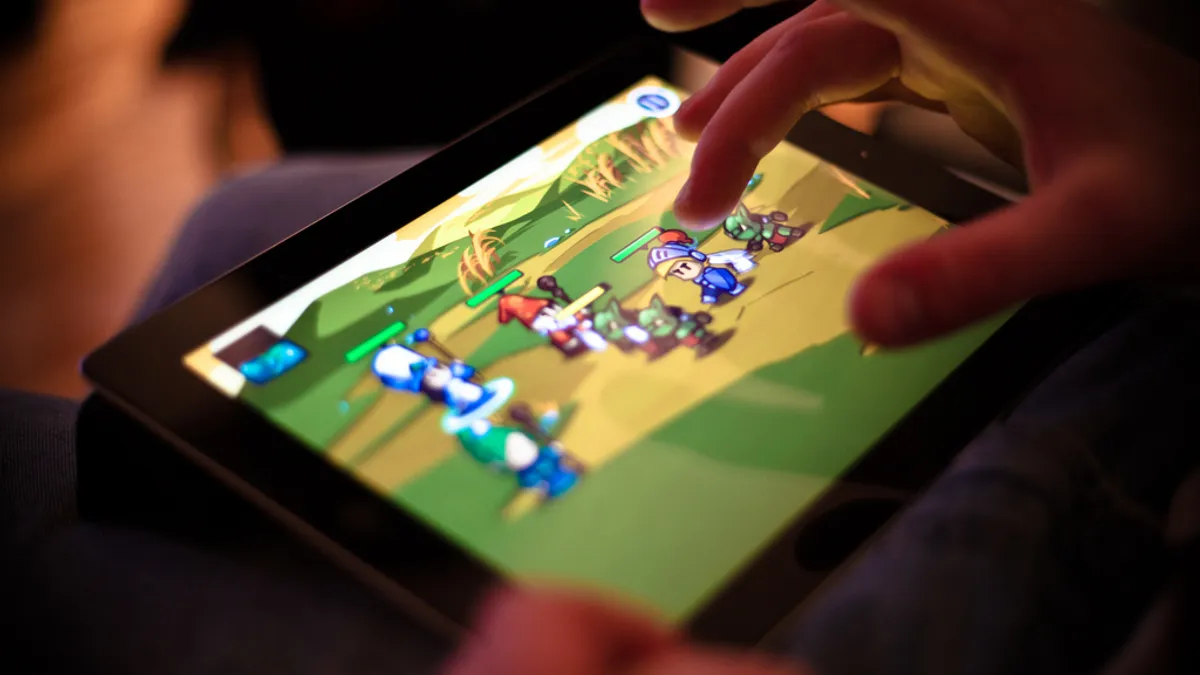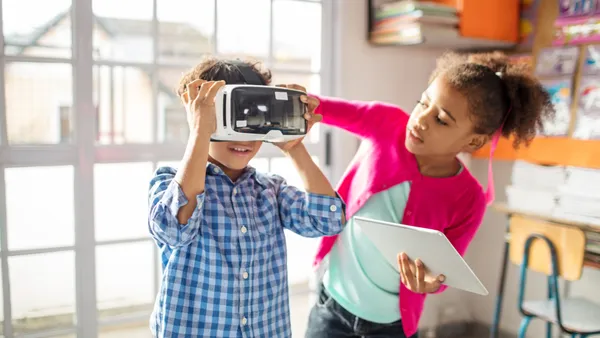Dive Brief:
- Maurice Elias, director of the Rutgers Social-Emotional and Character Development Lab, writes for Edutopia that educators can leverage student interest in gaming to make progress in social-emotional skill development that prepares them for 21st century jobs.
- In a Q&A with Elias, SEL consultant Jessica Berlinski said teachers can make explicit connections between social-emotional skills and future jobs by letting students play games that put them in real-world job scenarios and discussing how other games they already play build similar skills.
- Students can talk about prospective jobs, their favorite games and how those games address social-emotional learning by building effective collaboration, persistence, decision-making, communication and problem-solving skills, ultimately connecting those skills with where they’d use them in their chosen jobs.
Dive Insight:
The Every Student Succeeds Act places an emphasis on “whole-child” education. The public education system is bouncing back from a laser focus on test scores under No Child Left Behind and recalibrating to better prepare students for careers that require substantial social-emotional capacity. Plenty of existing activities and subject areas already have space to focus more consciously on social-emotional learning, including English/language arts.
Joseph Coulson of the Great Books Foundation argues fiction can be a critical tool in developing social-emotional skills. Through fiction, students must decipher the feelings and mental states of characters who are unlike them, even in circumstances where the characters may not be being honest with each other. Discussing interpretations of literature gives students further opportunities to practice communication skills and think about other students’ perspectives. While there is an urgency to deepen student understanding of nonfiction texts, schools may not want to leave fiction behind.






 Dive Awards
Dive Awards






